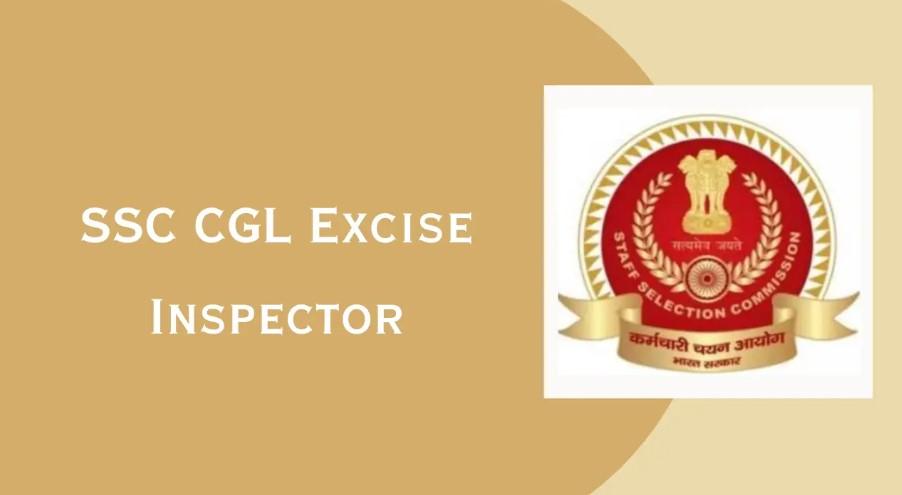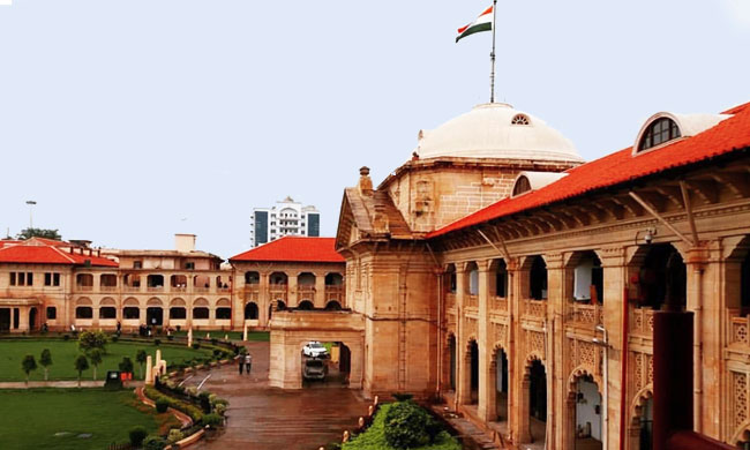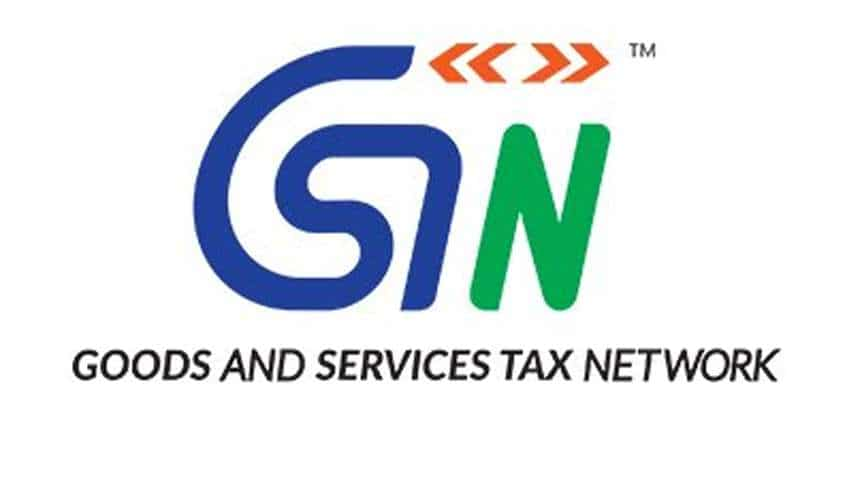“The common case of parties before me, is that,exemption was not availed of by the petitioner, instead the petitioner ended paying TED. Therefore, the petitioner had two options: First, to seek refund of the Excise Duty from the Excise Department. Second to seek refund from the respondent herein. The petitioner has chosen the latter. The FTP, as it then existed, did not de-bar the petitioner from seeking a refund from one of the two departments, subject to fulfilment of other conditions” – Delhi High Court
2015 (7) TMI 393 – DELHI HIGH COURT
ALSTOM INDIA LTD. Versus UNION OF INDIA & ORS
No.- W.P.(C) 1331/2015
Dated.- February 11, 2015
MR. JUSTICE RAJIV SHAKDHER
For The Appellant:- Mr. Sujit Ghosh, Ms. Kanupriya Bhargava and Ms. Krishna Rao, Advs.
For The Respondent:- Mr. Sanjeev Narula, Ms. Manisha Gupta and Mr. Ajay Kalra, Advs.
ORDER
1. Allowed subject to just exceptions.
2. Issue notice.
3. Mr. Narula, who appears on advance notice, accepts notice.
3.1 Mr Narula says that he is willing to argue the matter on the basis of the record of the case filed by the petitioner as, the broad facts, necessary for adjudication are not in dispute.
4. Broadly, the case of the petitioner is that at the behest of a sub-contractor, Bharat Heavy Electricals Limited (in short BHEL), it supplied boiler components to National Thermal Power Corporation (in short NTPC) under International Competitive Bidding (in short the ICB).
5. It is common case of both the parties that the Terminal Excise Duty
(in short the TED) has been paid by the petitioner. Under the Foreign Trade Policy formulated for period 2009-2014 (in short the FTP), the petitioner, is entitled to benefits of “Deemed Exports”.
5.1 The relevant paragraph applicable to the petitioner is, paragraph 8.3(c), which is extracted herein below:-
“Existing Paragraph 8.3(c)
Exemption from terminal excise duty where supplies are made against ICB. In other cases, refund of terminal excise duty will be given. Exemption from TED shall also be available for supplies made by an Advance Authorisation holder to a manufacturer holding another Advance Authorisation if such manufacturer, in turn, supplies the product(s) to an ultimate exporter.”
6. The petitioner’s grievance is that despite having moved several applications, no formal order has been communicated to it with regard to the applicability of its application for refund of the TED.
6.1 There are, however, on record copies of three (3) file notings based on which the petitioner’s request for refund of the TED has been, evidently, rejected. These file notings are appended on petitioner’s applications dated 14.11.2013, 03.03.2014/06.03.2014 and 24.12.2014. In the paperbook, these notings are found at pages 24, 46 and 47.
6.1 For the sake of convenience, the relevant notings is extracted herein below:
Page 24 (14.11.2013)
“(i) Case is under ICB. As per policy circular 16 dt. 15.3.13, TED is not-refundable as exemption is available under ICB….”
Page 47 (03.03.2014/ 06.03.2014)
“Party is requesting to accept their claim in terms of decision of Gujarat High Court & Delhi High Court decision stating that as per decision the points as per ‘X’ on pre-page becomes inapplicable.
Firm’s case is under ICB, and decision is not applicable in this case.
We have also not received any decision/direction, in this matter.”
“You may approach to DGFT if you wish (sic)against Policy circular No.16 dt . 16.3.2013”.
7. To be noted, these notings have been made by respondent No.3, i.e. Joint Director General of Foreign Trade. The first noting is suggestive of the fact that since exemption was available to the petitioner qua the TED, application for refund was not maintainable; though the fact that supplies were made against ICB is established. In this behalf, file noting seems to have placed reliance on a circular dated 15.3.2013.
8. Insofar as the second noting is concerned, it is indicative of the fact that, a decision of this Court and the judgement of the Gujarat High Court was brought to the notice of respondent no.3.
8.1 I am informed that these were: judgement passed by this court dated 11.2.2014, in W.P.(C) No.5160/2013, titled: Kondoi Metal Powders MFG. Co. Pvt. Ltd. v. Union of India and Ors.; and the decision dated 13.2.2014, of the Gujarat High Court, passed in Special Civil Application No.11031/2013, titled: M/s. Alstom India Ltd. v. UOI and Ors, 2014 (301) ELT 446/Guj.
9. In the writ petition, a challenge is laid to the filing noting dated 24.12.2014 and the circular dated 15.3.2013.
9.1 Apart from that, a prayer is made that a direction be issued to respondent No.3 to process the petitioner’s claim for refund, made in the first application, on the subject, which is dated 14.9.2012.
10. I may only note that the circular dated 15.3.2013, basically reiterates, that wherever “Deemed Exports” are exempt from the TED, at the very inception, then, no refund would be granted. One of the circumstance noticed in that behalf is where supplies are made under the ICB in pursuance to para 8.3(c) of the FTP; the said provision has already been adverted to hereinabove.
11. Mr. Narula, who appears on advance notice, says that the petitioner’s case for refund cannot be considered even under the unamended provisions of the FTP. It is his submission that since exemption was available to the petitioner qua imposition of TED, refund option was not available to it.
11.1 Counsel for the petitioner, however, says that this argument advanced, on behalf of the respondent, is not sustainable in law. He has referred me to the judgment of this court in the case of Kondoi Metal Powders MFG. Co. Pvt. Ltd. (supra), and the judgment of the Division Bench of the Calcutta High court, in the case of JT. DGFT v. IFGL Refractories Ltd., 2002 (143) ELT 294 (Cal.).
12. The learned counsel for the petitioner says that not only do these two cases present a pari materia circumstance, but also go on to rule the provisions of the FTP of the concerned period while granting relief, similar to one sought in the instant petition.
13. I have heard learned counsels for the parties. I am of the view that insofar as the prayer (a) is concerned, the same cannot be granted; not for the reason that the petitioner does not have a case, but for the reason that, it seeks setting aside of a file noting. It is not disputed by the petitioner before me that the impugned file noting has not been formally communicated to the petitioner. A decision, not communicated, cannot be assailed by instituting an action in court.
14. Insofar as the prayer (c) is concerned [wrongly referred to as prayer clause (b)], which seeks issuance of a direction to respondent No.3 for refund of its claim, according to me, the same is also not sustainable at this juncture. As noticed above, respondent No.3 has not communicated its decision to the petitioner. The decision, which was taken on 03.03.2014/ 06.03.2014, is on the file, which does not stand communicated to the petitioner. Till rejection of the petitioner’s claim for refund is formally communicated, the court cannot intercede in the matter.
15. Insofar as noting dated 24.12.2014 is concerned, which is made after, an apparent refusal to grant refund to the petitioner, seems to suggest that there is no clarity in the mind of respondent No.3 as to whether or not refund is to be granted and, therefore, the matter was, perhaps, escalated to the DGFT. In my view, respondent No.3 should pass an order and communicate the same to the petitioner.
16. Insofar as prayer (b) is concerned, which pertains to the applicability of circular dated 15.03.2013, according to me, the said circular does not need to be struck down. The circular is based on an administrative interpretation of the FTP. The FTP, according to me, is clear, that where exemption has been availed of, no refund is payable to such an applicant.
17. As indicated above, the common case of parties before me, is that, exemption was not availed of by the petitioner, instead the petitioner ended paying TED. Therefore, the petitioner had two options: First, to seek refund of the Excise Duty from the Excise Department. Second to seek refund from the respondent herein. The petitioner has chosen the latter. The FTP, as it then existed, did not de-bar the petitioner from seeking a refund from one of the two departments, subject to fulfilment of other conditions.
18. In view of this position, I do not see any necessity of dealing with the circular dated 15.3.2013.
19. Keeping in mind the foregoing discussion and the judgements referred to above, respondent No.3, will examine the case of the petitioner and pass a suitable order thereafter.
20. The order will be passed with expedition though, not later than two weeks, from today. The order passed will be duly communicated to the petitioner.
20.1 I am told, the application for refund has been returned to the petitioner. Accordingly, the petitioner is given liberty to re-file the same, within next two days.
20.2 The period of two weeks accorded, for taking a decision by respondent No.3, will start thereafter.
21. The petition is disposed of in aforesaid terms.
22. Dasti under the signatures of the Court Master.

Related Tags CA Ankit Gulgulia, Deemed Export, FTP














